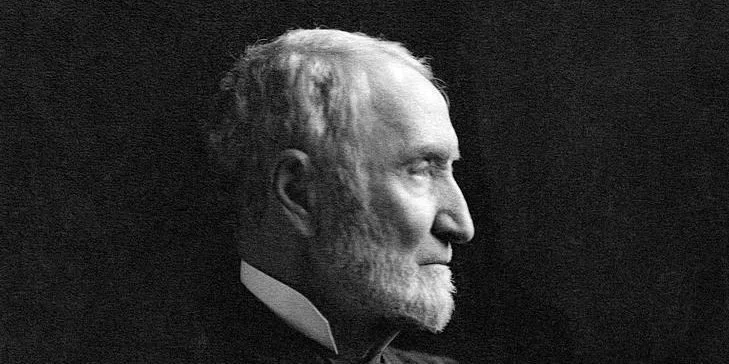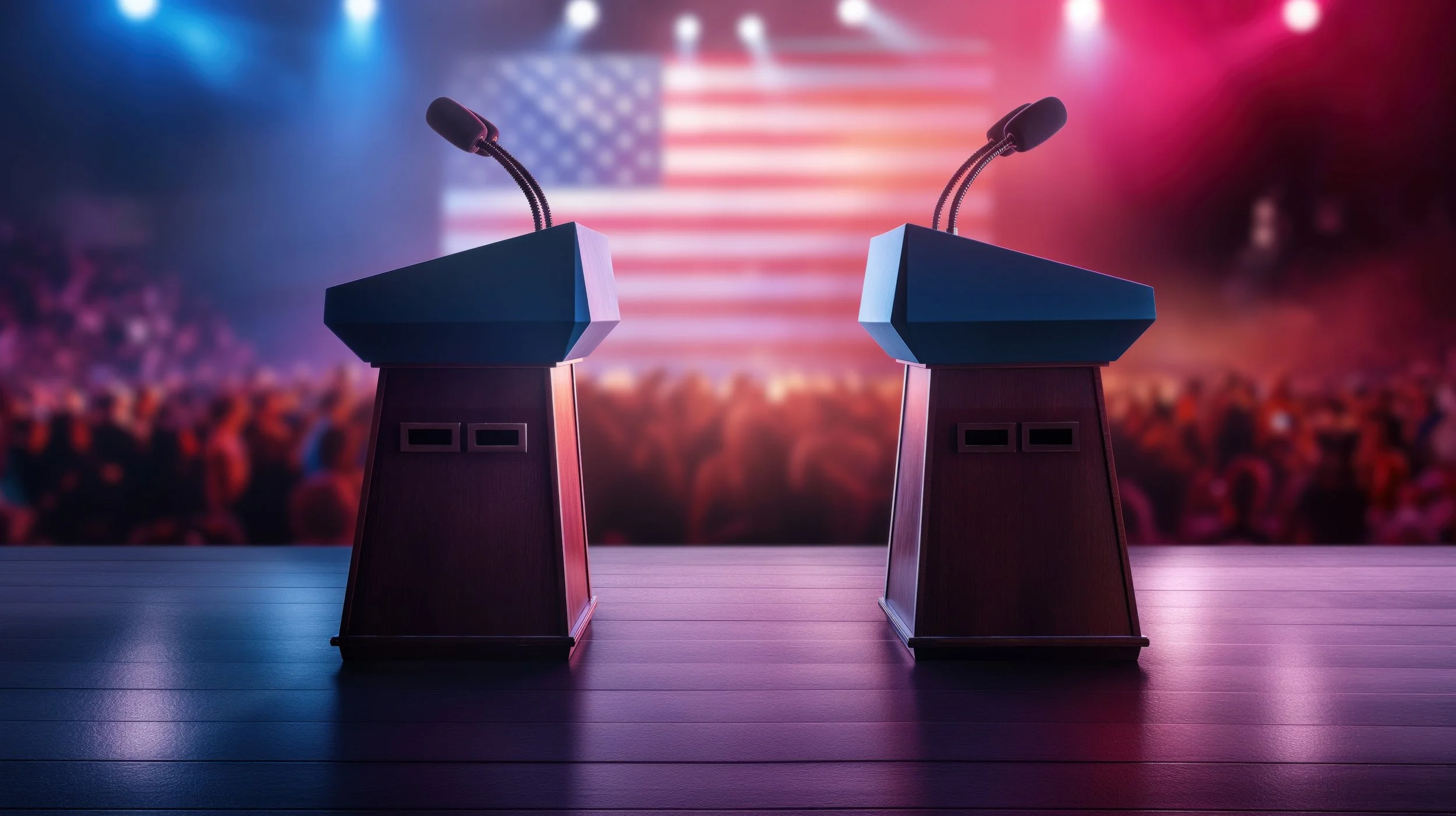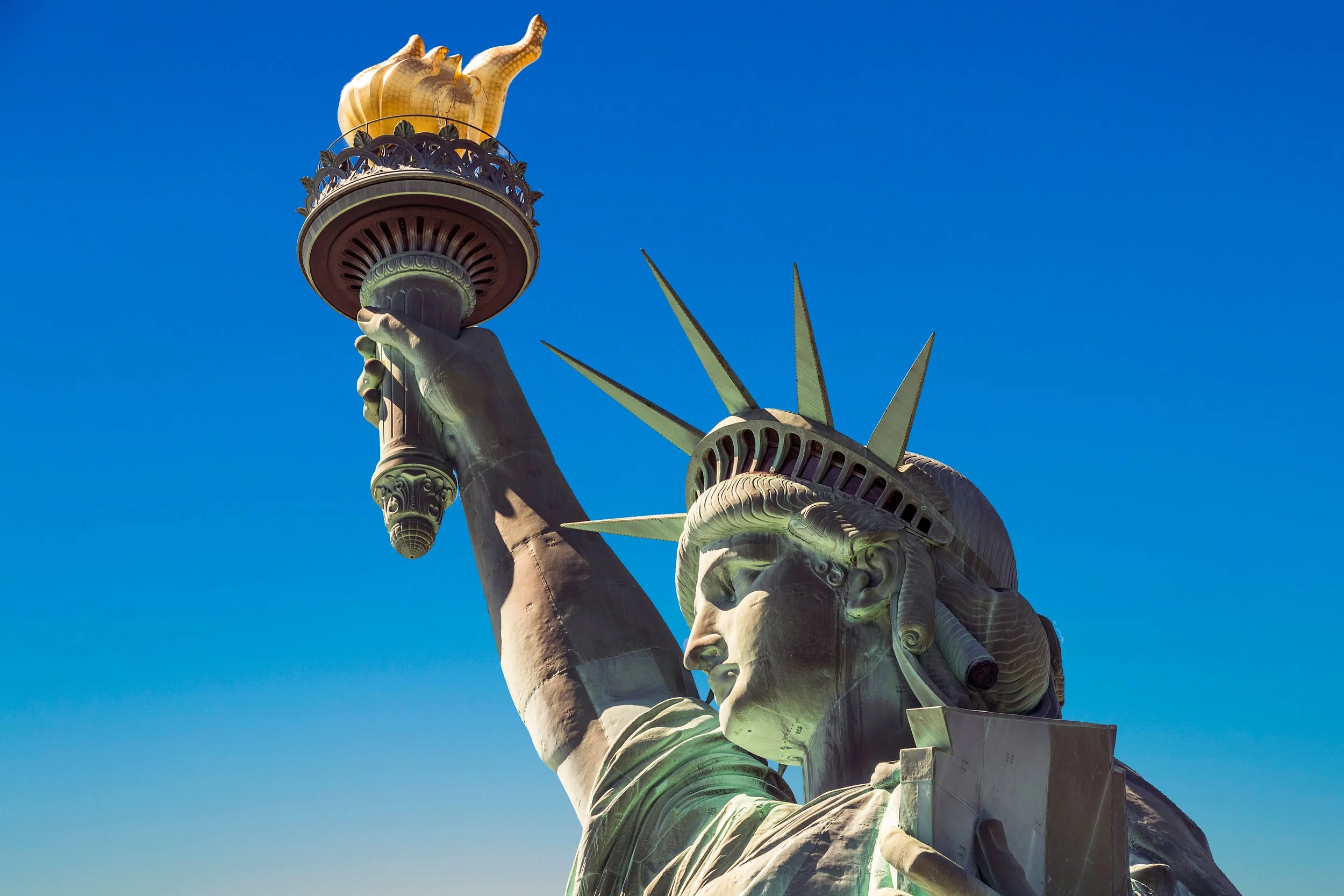The Illusion of Free & Fair Elections

Opinion by Ben Everidge for Thomas
Photo Credit: Adobe Stock by Pixels Hunter
Are American Elections Truly Free and Fair?
In theory, democracy thrives on choice. On Election Day, voters are promised a ballot, a booth, and the ability to shape the direction of their nation. But what if that promise is increasingly hollow? What if the choices presented, particularly at the highest levels of power, are so constrained, so manipulated, or so predetermined by gatekeepers that calling the process “free and fair” feels more like a marketing slogan than a measurable reality?
Across the United States, millions of voters now view elections not as celebrations of democracy, but as ritualized confirmation of preordained outcomes. And while voter turnout is often framed as a measure of civic health, perhaps the more urgent indicator is voter cynicism - the quiet erosion of belief that any of it still matters. Nowhere is this more evident than among independents, the fast-growing political identity in America, who increasingly reject the narrow binary of partisan politics yet find themselves locked out of meaningful participation.
The Structural Trap
The illusion begins long before a single vote is cast. In most states, election law heavily favors the two major parties. Ballot access requirements, which determine who even gets to appear before voters, are often draconian for independent or minor-party candidates. Signature thresholds can be artificially high, deadlines unreasonably early, and verification processes opaque. In some cases, states require independents to collect many times more signatures than Democrats or Republicans to qualify, creating a de facto wall that keeps outsiders out and insiders in.
These barriers aren’t just bureaucratic; they are philosophical. They send a clear message: political power is a closed circuit, not a public square.
Even in states where ballot access has improved, debate inclusion remains a steep hill to climb. Nationally televised debates funded and controlled by party-affiliated commissions or media conglomerates often exclude anyone polling below a certain threshold, even though low name recognition is a symptom of the very exclusion being perpetuated. Voters are then told that only two candidates are “viable,” and media coverage reinforces the narrative. This cyclical logic sustains a myth of choice while restricting actual agency.
The Role of Media & Technology
Media bias - real, perceived, or algorithmically reinforced - further distorts the democratic process. Local journalism, once a pillar of informed citizenship, is in steep decline. National media ecosystems, often filtered through partisan lenses or corporate interests, craft narratives that elevate frontrunners and marginalize challengers. Social media, despite its democratizing potential, usually functions as a rage amplifier more than a civic commons.
Now, with the rise of AI-powered micro-targeting and behavioral prediction, voters are increasingly being manipulated with bespoke messaging tailored to their fears, biases, or consumer profiles. What once was a fight for the hearts and minds has become a war of attention. A war of attention that rewards emotional extremism over thoughtful dialogue.
Global Standards, Local Shortfalls
The U.S. likes to imagine itself as the gold standard of democracy. But according to international election monitors, America falls short on multiple global benchmarks: equitable access to the ballot, independent redistricting, inclusive debate formats, universal voting information, and robust voter protections. In fact, the U.S. is one of the only advanced democracies where the right to vote is not explicitly guaranteed in its Constitution. This glaring omission leaves many voter protections vulnerable to partisan court rulings.
And with the recent Supreme Court decision expanding presidential immunity and further politicizing independent institutions, the foundation checks on executive overreach are wobbling. When a president can place loyalists in key electoral roles, fire watchdogs at will, and face no criminal liability for subverting democratic norms, voters are right to wonder if the system has been compromised from within.
The Independent Imperative
In the face of these challenges, independents are not only justified in their frustration but also essential to the solution. True electoral reform will not come from entrenched power structures; it must be demanded by the civic middle: those disillusioned by partisanship yet unwilling to give up on democracy.
Movements for ranked-choice voting, nonpartisan primaries, debate access reform, and transparent algorithmic governance are gaining momentum in localities across the country.
Cities like Minneapolis and states like Alaska are piloting new models. Civil society organizations are developing voter education tools that transcend the red-blue binary. And a growing chorus of independent candidates, thought leaders, and media outlets – The Independent Quill and Thomas mediazine among them – are lighting a path forward.
But pathfinding is not enough. It is time to clear the brush. To demand that our democracy not only promises choice but delivers it.
What Comes Next?
Democracy does not die overnight. It is eroded piece by piece, compromise by compromise, convenience by convenience. And the illusion of choice is perhaps the most dangerous compromise of all because it sedates rather than alarms and pacifies rather than activates.
We must call it out. We must organize not just around candidates, but around principles: fairness, transparency, inclusion, and accountability. We must refuse to accept that a nation of 330 million can be perpetually reduced to two options, neither of which speaks for the majority. Democracy is a living contract. When it breaks, it must be rewritten, not in the language of partisanship, but in the ink of public good. That is the independent promise. And it is time we fulfill it.




